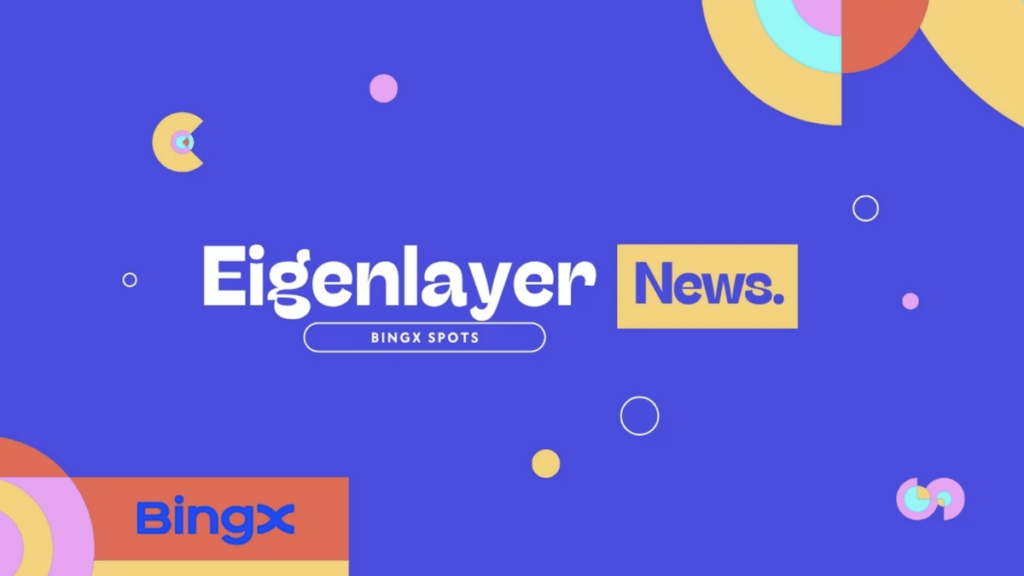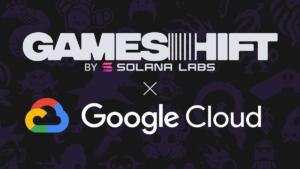Spotify, the globally recognized music streaming platform, is piloting a new feature called “token-enabled playlists.” This feature aims to allow users who possess particular non-fungible tokens (NFTs) to unlock exclusive playlists. To access this unique content, users are required to link their crypto wallets to their Spotify accounts. The pilot program, for now, is accessible only to Spotify Premium subscribers. It is currently live in select regions, including the U.S., U.K., Germany, Australia, and New Zealand, with a focus on the Android platform.
Collaborative Endeavor: Spotify Teams Up with Overlord
To implement this innovative feature, Spotify is collaborating with Overlord, a startup specializing in crypto-based services. The partnership’s objective is to explore the potential of integrating digital assets like NFTs with music streaming services. While the program aims to provide additional value to NFT holders, it also offers artists a novel way to engage with their audience. The trial is slated to run for three months, and its success could set the stage for a broader implementation, potentially impacting how digital assets interact with mainstream platforms.
Overlord x @Spotify 🎶
— Overlord (@Overlord_xyz) February 22, 2023
We’ve been selected as one of Spotify’s partners in a new pilot.
🦎 Exclusive pilot of their token-enabled playlists
🎧 Launching with a holder-curated playlist
Details below ⤵️ pic.twitter.com/MDTjPRCXS5
Implications and Considerations for the Future
The move by Spotify to integrate NFTs into their platform comes at a time when digital assets are experiencing increased visibility and adoption. This integration could present numerous possibilities for both content creators and consumers. For artists, it offers a new avenue to monetize their work by creating exclusive content only accessible to holders of their NFTs. This could strengthen the artist-fan relationship, by adding an additional layer of exclusivity and interactivity to their art.
However, several questions and challenges also arise. One primary concern is the risk of creating a two-tiered system that might exclude those who cannot afford to purchase NFTs. It’s worth noting that the feature is presently only available to Premium subscribers, which already adds an additional cost barrier to entry.
Furthermore, integrating NFTs with music streaming platforms could invoke regulatory scrutiny. Authorities could question whether owning a digital asset for exclusive content access falls under any existing or future regulatory frameworks. Given that the NFT market is still relatively nascent, there are yet to be comprehensive guidelines on how such digital assets should be treated in various contexts.
In summary, Spotify’s pilot program of token-enabled playlists opens a new chapter in the integration of digital assets and mainstream media consumption. While it offers exciting possibilities, it also necessitates a careful assessment of economic, social, and regulatory implications. As the trial progresses, it will be crucial to monitor how it impacts both the digital asset ecosystem and the broader landscape of content consumption.
Author

Passionate Web3 and NFT explorer, navigating the complex narrative of digital assets.




